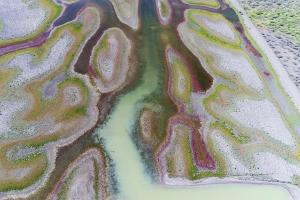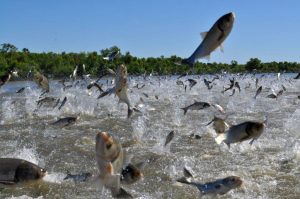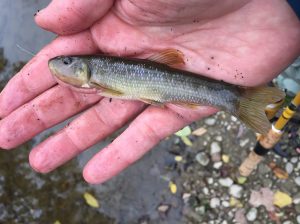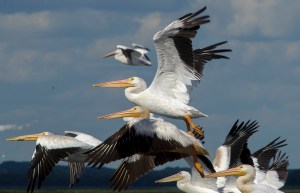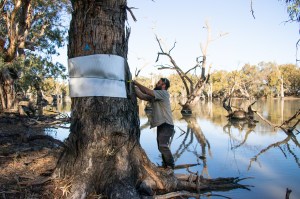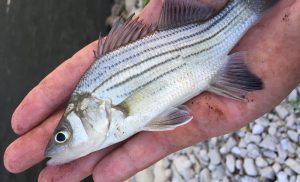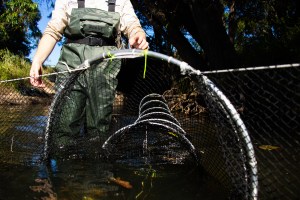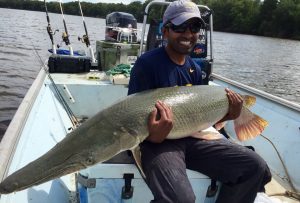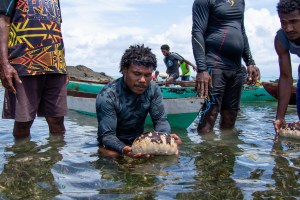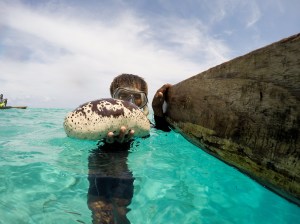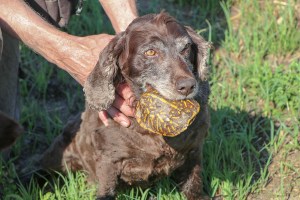Discover stories in Field Reporting
Bird Country: Saving the Riverina’s Last Wild Wetlands
In a dry corner of southeast Australia, life-giving wetlands sustain a huge array of birds—and a 50,000-year old culture.
The Carp Show: An Inside Look at the Jumping Fish Invasion
Your guide to one of the most notorious fish invasions.
50 Fish, 50 States: Small Stream Wonders
An easy-to-overlook New York stream yields a strange and ferocious fish.
Restoring Emiquon’s “Wetland of Dreams”
Restoring a large cornfield to a wetland isn’t a glimpse at the past, but a look to conservation’s future.
50 Fish, 50 States: Trout at 11,000 Feet
Fishing for a (formerly) extinct fish in the Colorado Rockies.
Wrapping Trees to Find Reptiles
Scientists are searching for rare reptiles by wrapping trees with yoga-matt-like foam.
50 Fish, 50 States: The Bass of Emiquon
Chasing bass on a former cornfield turned restored wetland in Illinois.
A Night With the Platypus Scientist
Trapping for platypus is akin to searching for a needle in a haystack. A very adorable needle.
Afield with the Gar Professor
Meet Solomon David, a “garnado” of enthusiasm for all things primitive fish.
In Pictures: Saving Papua New Guinea’s Sea Cucumbers
View photographs from our reporter’s journey to Manus, where local communities are taking sustainable sea cucumber management into their own hands.
Sustainable Sea Cucumbers: Saving the “Gold Bars” of the Ocean
In Papua New Guinea, a tribal network is taking sustainable management of sea cucumber fisheries into their own hands.
Day of the (Turtle) Dogs
Meet the turtle dogs -- they track and retrieve turtles. For science!
